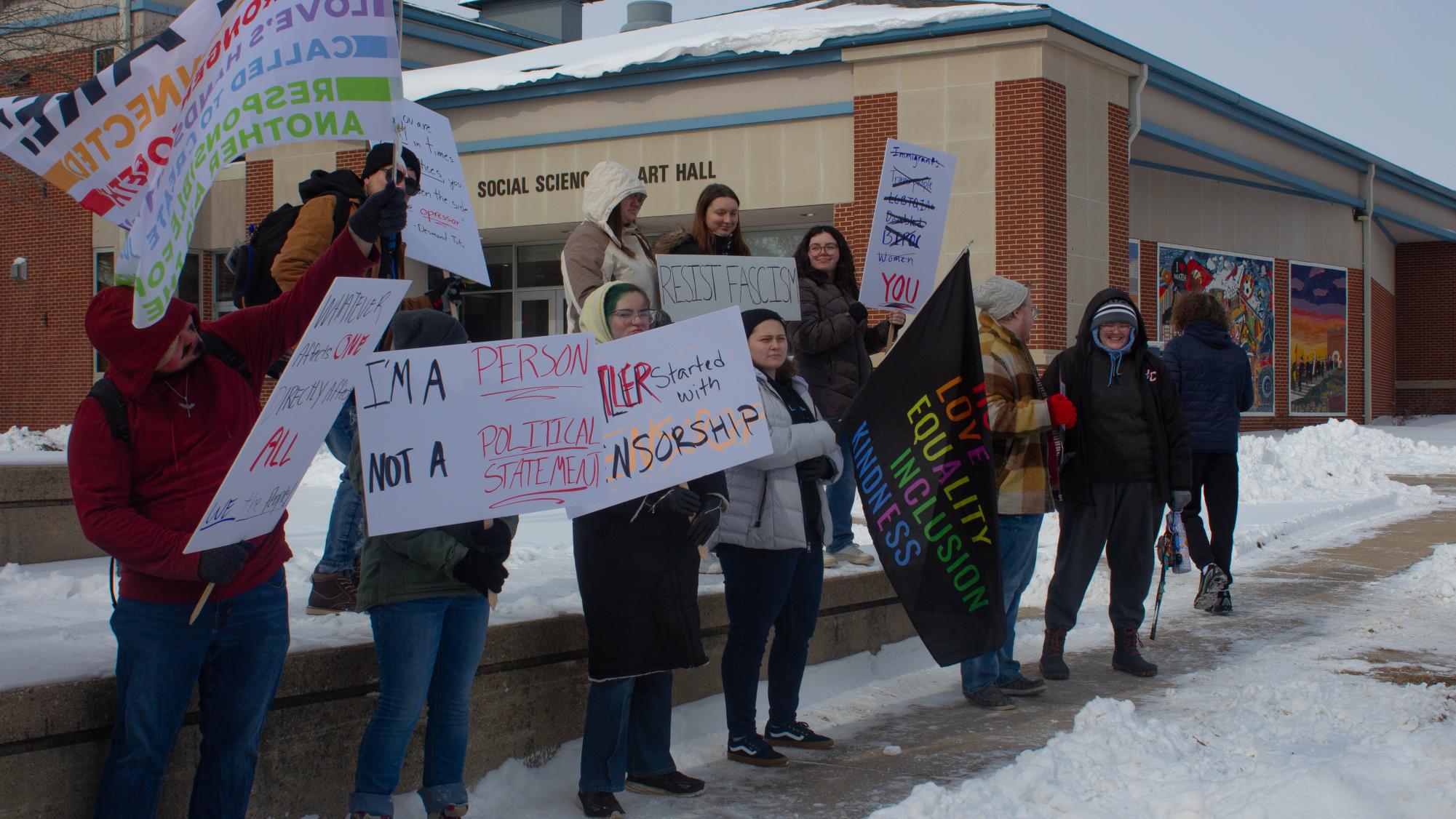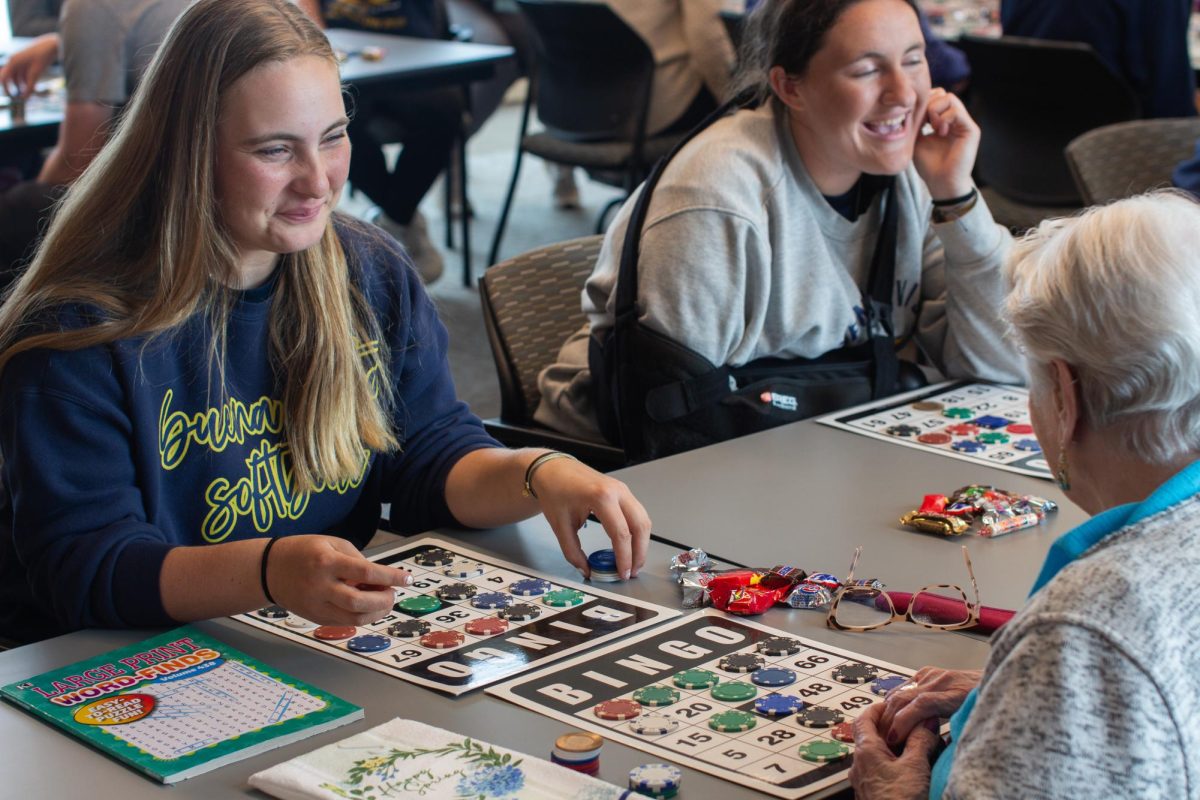House Study Bill 60, introduced in Iowa’s 2025 legislative session, has raised concerns across the state, including at Buena Vista University. The bill proposes to “prohibit private institutions of higher education that participate in the Iowa tuition grant program from establishing diversity, equity, and inclusion offices.” Because many BVU students depend upon the Iowa tuition grant, this could seriously impact services and programs offered by the Center for Diversity and Inclusion (CDI) at BVU.
Supporters of the bill argue that taxpayer money should not fund programs that they believe create division, while opponents see it as an effort to remove critical support for underrepresented students. The proposed legislation has left many students, faculty, and staff uncertain about the future of DEI programs on campus.
Jenelle Martin, Director of the CDI, discussed potential harm the bill could have on students.
“The bill, if passed, would directly limit the ability of the CDI to create safe and inclusive spaces where all students can feel supported and represented,” Martin said.
The CDI is a key resource at BVU, offering mentorship, resources, and programs for students from diverse backgrounds. Through initiatives like cultural events, support groups, and leadership development, the CDI works to help students feel like they belong. 
If House Study Bill 60 passes, many fear that it could open the door to further legislation that aims to cut student clubs, organizations, and even academics. Martin is worried because she believes the CDI’s programs do more than just create spaces for students; they offer vital support networks.
“It’s not just about having a space for students to come together—it’s about providing a network of support that helps them succeed academically, socially, and personally,” she said.
Other academic programs at BVU may also be impacted. Dr. Annamaria Formichella, Director of Gender Studies at BVU, shared her concern about the possible effects of the bill on her department.
“As of now, the legislation doesn’t directly affect curriculum, but there’s growing concern that future bills could impact what we’re allowed to teach,” Formichella said.
Although House Study Bill 60 mainly targets DEI offices instead of classroom teaching, Formichella and other faculty members worry that additional laws may come soon that limit what universities can teach in the future.
“This type of legislation often moves fast. Schools may have little time to adjust, and that uncertainty creates challenges for both faculty and students,” she added.
The uncertainty around House Study Bill 60 has led to mixed reactions from students and faculty. Some students are worried about losing important resources and safe spaces that the CDI provides, while others are waiting to see how the bill will affect them.
Faculty members are also trying to figure out how to handle the changes if the bill passes. Formichella noted that the most frustrating part of the bill is that lawmakers are not working with universities to understand the value of these programs.
“What concerns me most is that there’s no conversation, no effort to understand what these programs do and why they matter. Instead, it’s just a unilateral decision to cut them,” Formichella said. 
Martin agreed, saying that the lack of communication makes it harder for schools to serve students properly.
As the discussion around House Study Bill 60 continues, BVU faculty and administrators are looking for ways to support students while staying in line with the possibility of these new laws. For now, students and staff are left in a “wait and see” situation, hoping that BVU can maintain an inclusive environment despite the possible changes.









